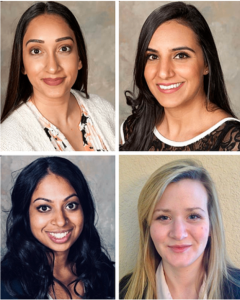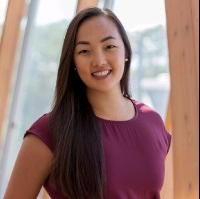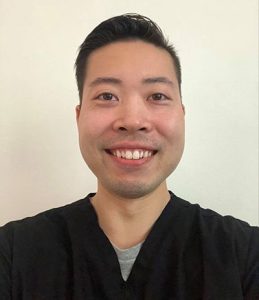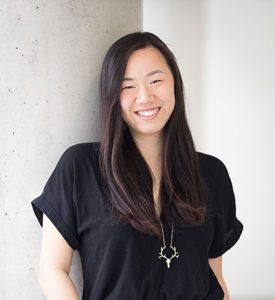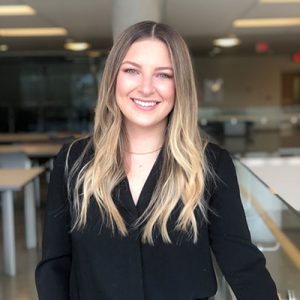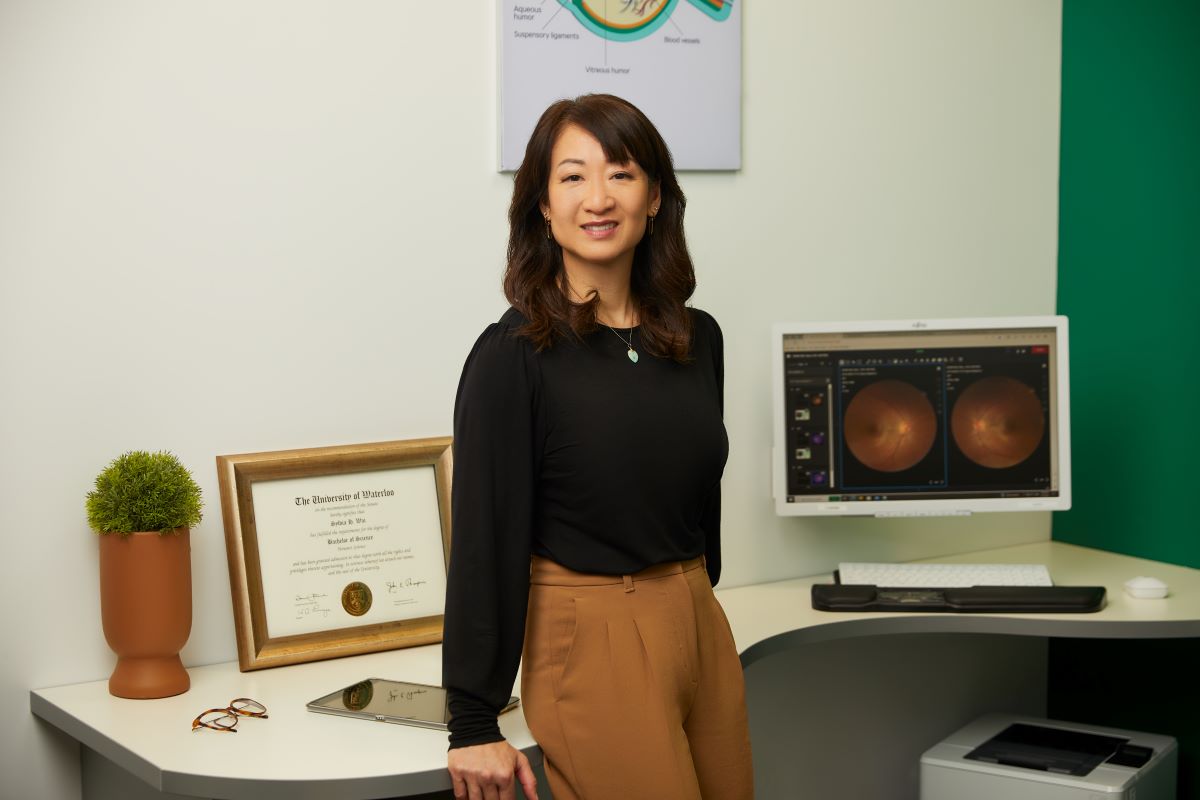
Since arriving in Canada less than three years ago, over 250 optometrists and 300 opticians have joined the Specsavers network.
Why have so many have chosen to partner or join an independent clinic in the Specsavers network?
It started 40 years ago with two optometrists, Doug and Mary Perkins, who had the vision to make quality eyecare and eyewear accessible to all. Globally, Specsavers supports over 2,700 healthcare businesses, passionately caring for more than 44 million patients and customers worldwide.
Wherever you are in your career, there are many pathways to join the fastest growing network of optometrists in Canada.* There are even flexible options for existing business owners to convert their business to a Specsavers store.
Here’s a detailed look at the unique opportunities and benefits each career path offers you and how they can shape your future in optometry.
Which path is right for you?
Associate Optometrist
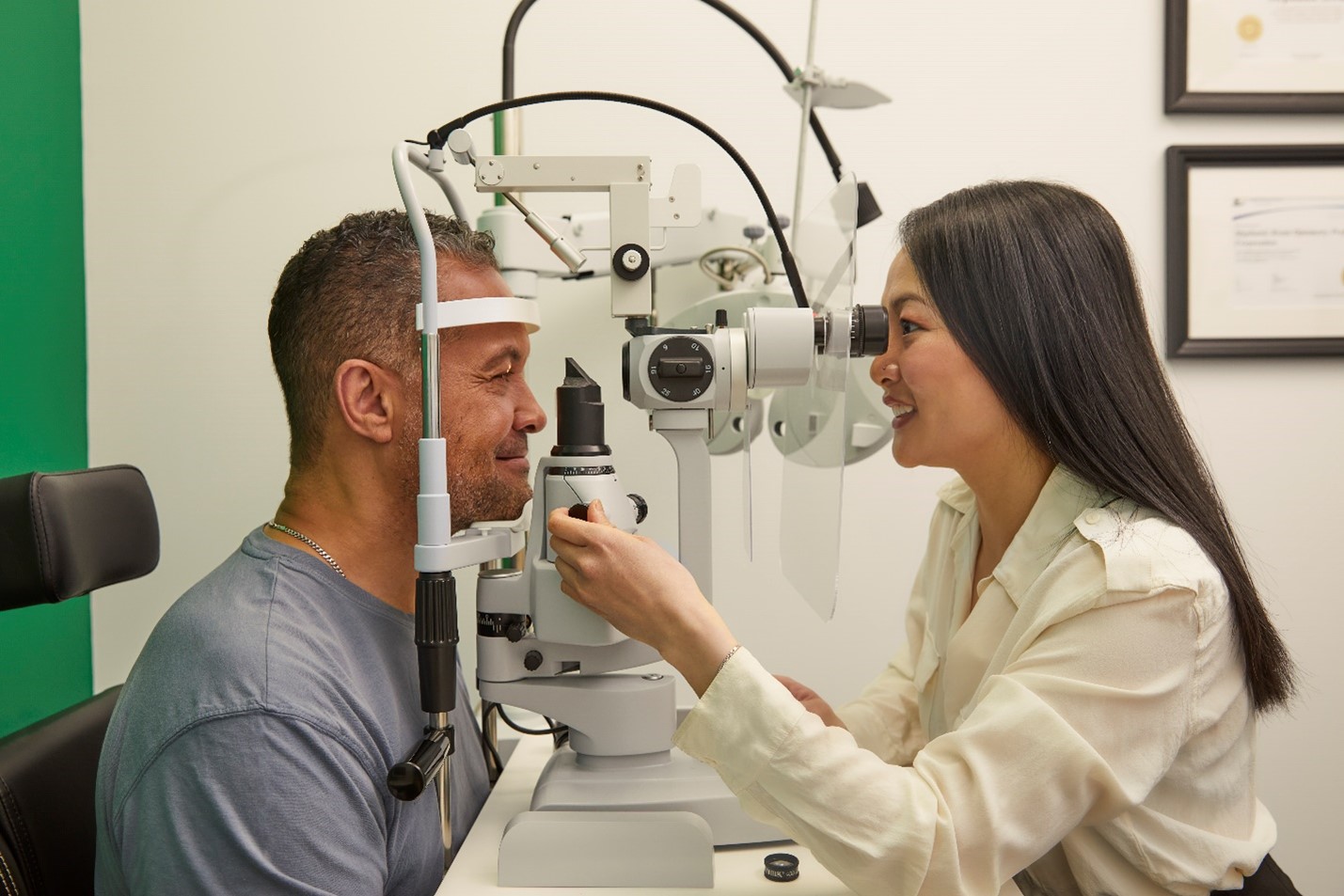
Overview: As an associate optometrist, you’ll be a crucial part of an independent optometric practice, focusing on delivering quality eyecare.
Key benefits:
- Clinical excellence: Get access to the NIDEK Tonoref 3, NIDEK automated lensometer, Topcon Maestro2, NIDEK intelligent refract RT-6100, NIDEK slit lamp SL-1800, Marco M2 Ultra Slit Lamp, and Zeiss HFA3 with SITA Faster visual field.
- Culture of dedication: Work with a team committed to community eyecare and monitoring the eye health of patients for preventable vision loss, which is why OCT is available for all your patients.
- Pre-test support: Trained eyecare consultants welcome and take your patients through pre-testing so you have reports sent directly to your exam room for your consultations.
- Professional development: Benefit from mentorship from a network of peers dedicated to delivering exceptional patient care.
Signing bonus: You can also qualify for a sign-on bonus. Connect with a recruiter about the forgivable loan of up to $100k for recent graduates, relocation bonus, and more.
Ideal for: Optometrists who seek flexibility with clear pathways for career growth, professional development, and work-life balance.
Optometry Partnership: Ownership with no/low financial barriers
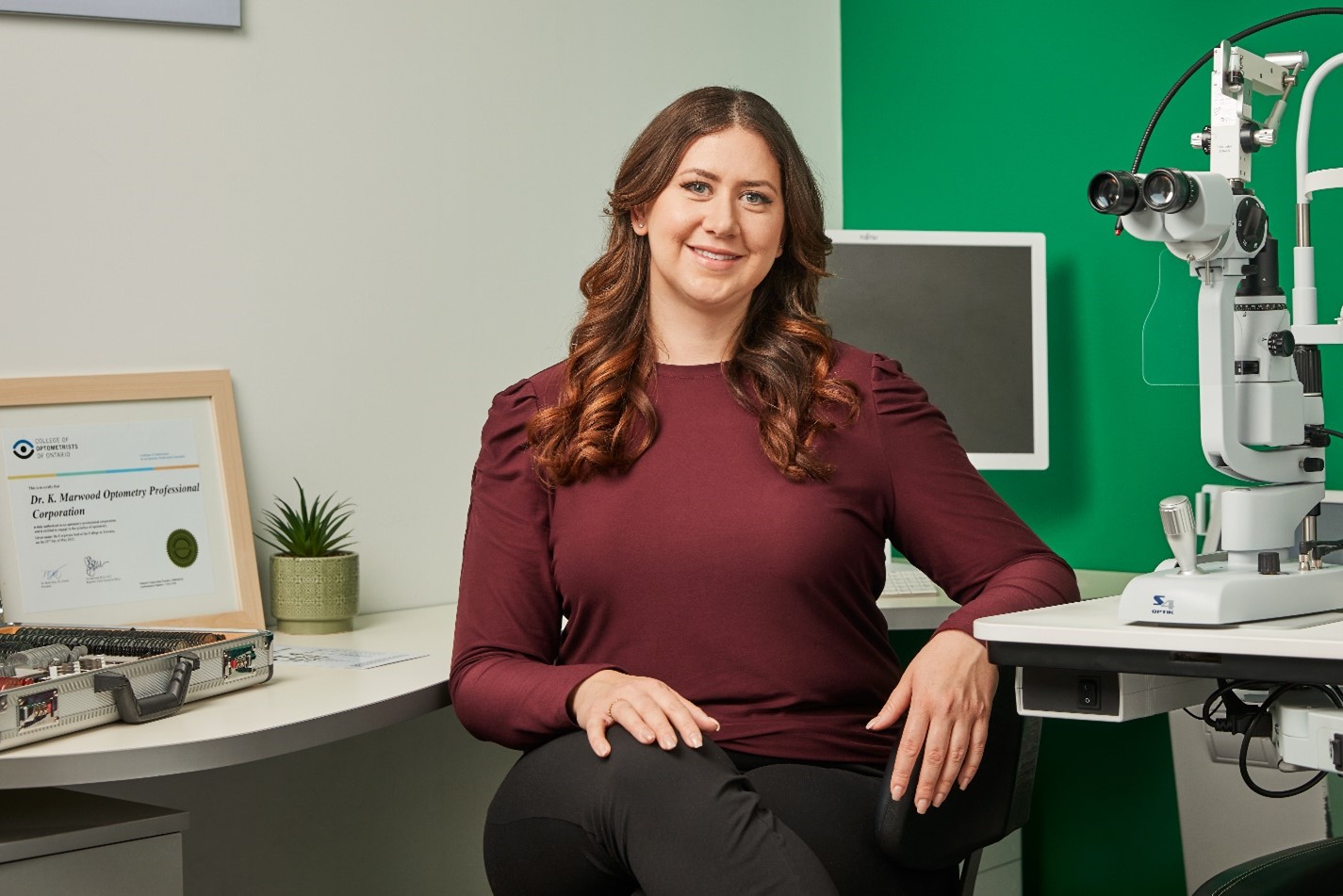
Overview: Optometry partnership is a unique opportunity for optometrists to start their own independent clinic within a Specsavers location and earn 100% of clinical billings while receiving 40% share of dividends from the retail store. Starting your business in partnership with Specsavers offers a chance to run your own business while benefiting from the support and resources of a global optical retail leader. What’s exciting for many optometrists is the opportunity to have your location start-up costs covered.
Key benefits:
- Low barrier to entry: With only a $25,000 entrance fee, your location start-up costs are covered – removing what can be a significant financial barrier to starting your own business.
- Clinic ownership with autonomy: As a partner, you will have an independent clinic fitted with advanced clinical technology within the Specsavers location to manage and grow your own practice.
- Paired with a retail partner: Be matched with a retail partner who is an experienced optician and/or retail professional to manage the day-to-day retail operations.
- Comprehensive business support: Receive payroll, accounting, supply chain, marketing, IT support, and more, to free your time so you can focus on your patients.
- An asset for the future: With 40% share of the retail store, you can benefit from dividends while growing a valuable asset for your future.
Ideal for: Optometrists who have an entrepreneurial spirit and are ready for the rewards of owning an optical retail store with a retail partner, as well as their own independent clinic.
Convert your existing business to become a Specsavers partner
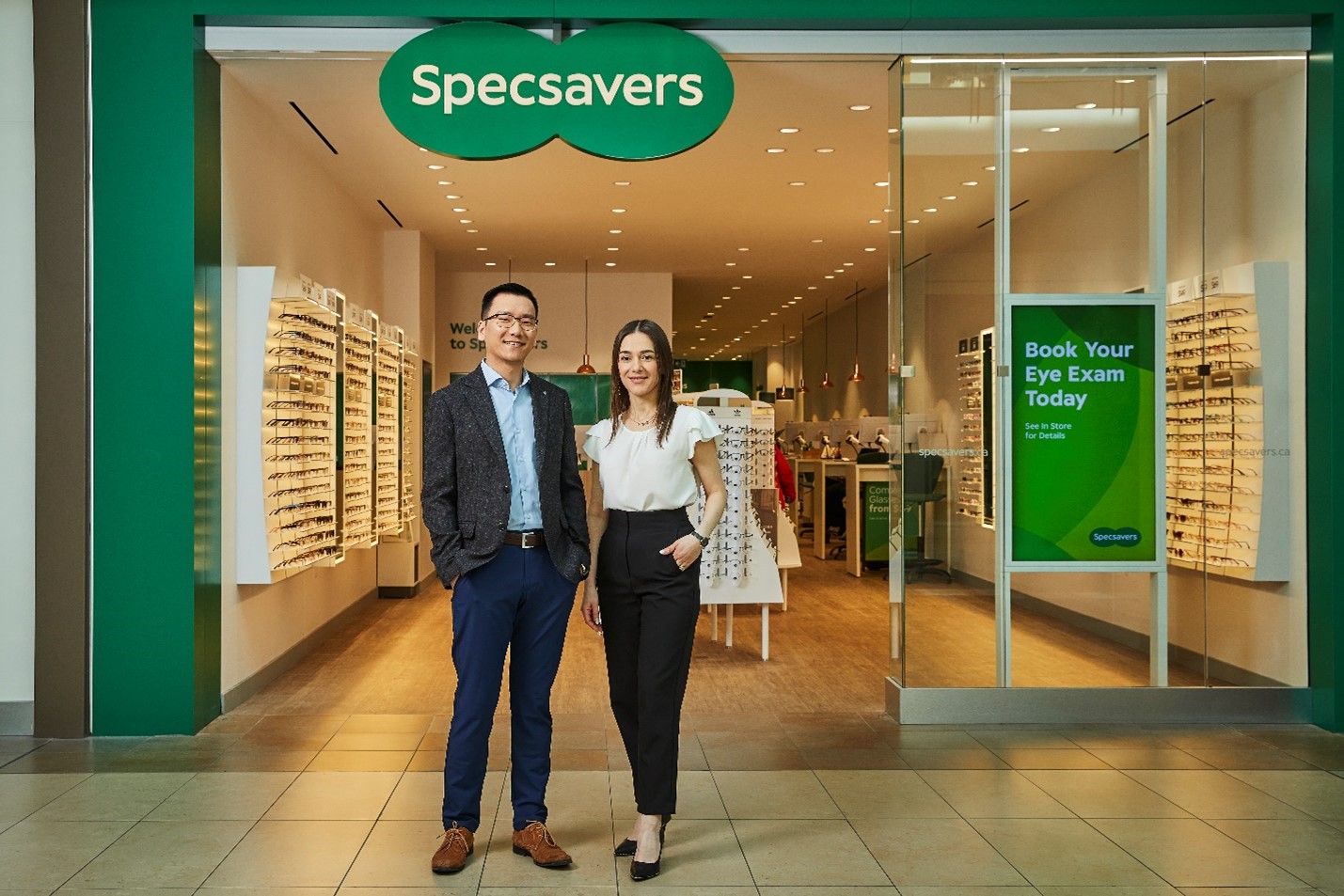
Overview: Specsavers optometry partners come to us from all kinds of backgrounds. The key to our partnerships is flexibility – it doesn’t matter how you’re starting out with us, we can find a way to make it work. So, if you have an existing business and you’re looking to join up for more business support or to receive the backing of an established brand, this might be the right opportunity for you.
Key benefits:
- Location build out costs are covered: Have the cost of design, construction, displays, and much more covered to convert your business to a Specsavers store.
- Clinic ownership with autonomy: Have an opportunity to further the direction of optometry with advanced clinical technology and OCT for all your patients.
- Paired with a retail partner: Be matched with a retail partner who is an experienced optician and/or retail professional to manage the day-to-day retail operations.
- Comprehensive business support: Receive payroll, accounting, supply chain, marketing, IT support, and more, to free your time so you can focus on your patients.
- An asset for the future: With 40% share of the retail store, you can benefit from dividends while growing a valuable asset for the future.
Ideal for: Optometrists who are looking for more business support with an established brand and to enjoy the benefits of being part of a larger network of doctors.
Ready to explore these opportunities?
Start a conversation with the Specsavers Partnership Team at enquiries.ca@specsavers.com or learn more at .
Whichever path you choose, you can have a fulfilling and dynamic career ahead of you within the Specsavers network.
* Based on LinkedIn reports. Data on file.








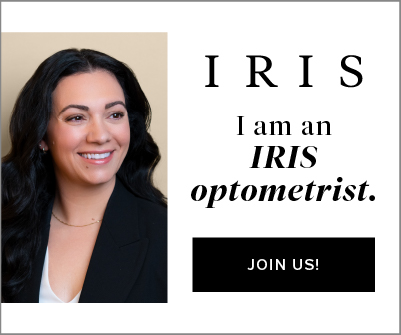



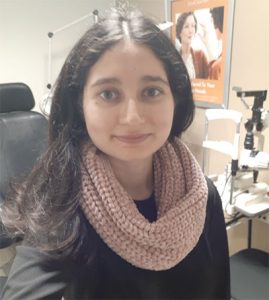
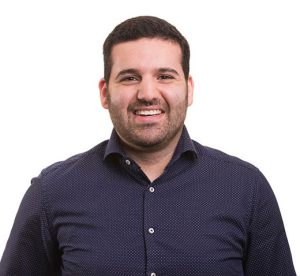 By Jaclyn Chang, OD
By Jaclyn Chang, OD